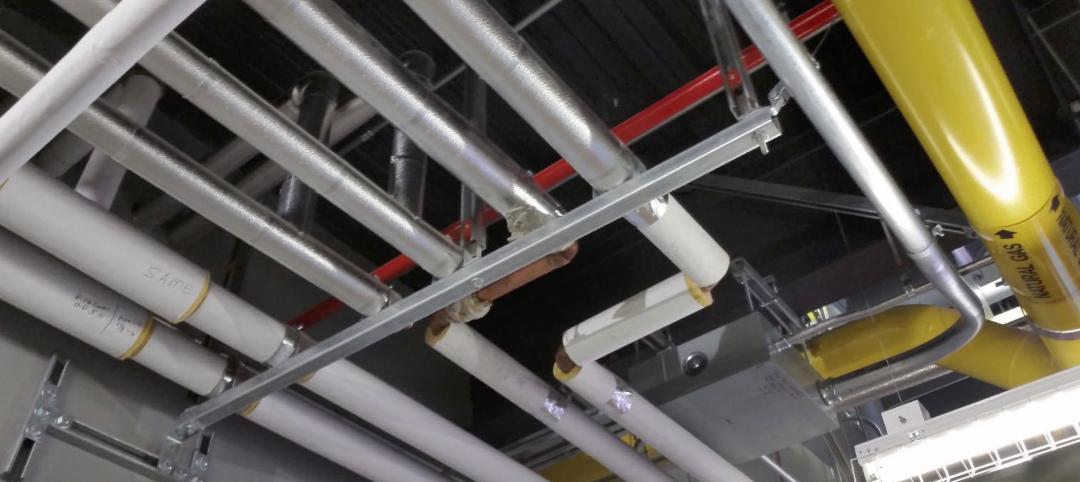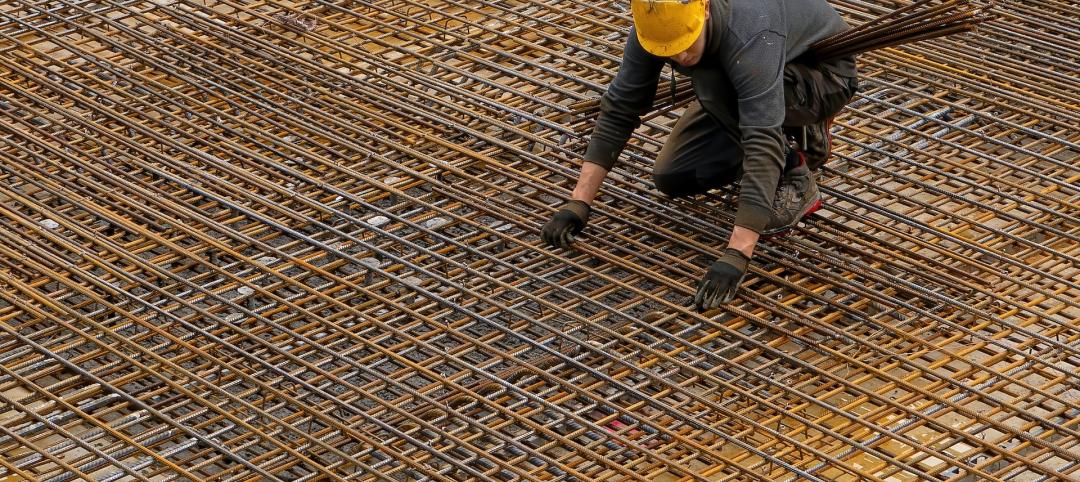Recent storms such as Hurricane Florence in the U.S. and Typhoon Mangkhut, which struck the Philippines and China, highlight the need for decentralized infrastructure, according to a recent Bloomberg article co-written by an energy analyst.
“On the basis of economics alone, the power systems of many countries will become highly decentralized in coming years,” the article says. By mid-century, more than a third of power-generation capacity in Japan will be customer-controlled in homes and businesses, the analyst asserts.
In Brazil, more than half of power generation will be in the control of private customers. If millions of small generators compensate for a small number of centralized failures, such decentralization would make electric systems more resilient.
While decentralization will grow based on the cost of energy, it will take government action as well. “Centralized decisions on things like building codes and flood zones can catalyze resilience,” the article says.
Related Stories
Sustainability | Jul 19, 2023
California lawmakers approve governor’s plan to accelerate green construction
California lawmakers recently approved Gov. Gavin Newsom’s infrastructure streamlining plan that aims to accelerate clean energy and infrastructure projects.
Codes and Standards | Jul 19, 2023
Office leasing in major markets by financial services firms rebounds to pre-pandemic norms
Though the pandemic led to reductions in office leasing by financial services firms in gateway markets, a recent report by JLL found a notable leasing resurgence by those firms.
Codes and Standards | Jul 17, 2023
Outdated federal rainfall analysis impacting infrastructure projects, flood insurance
Severe rainstorms, sometimes described as “atmospheric rivers” or “torrential thunderstorms,” are making the concept of a “1-in-100-year flood event” obsolete, according to a report from First Street Foundation, an organization focused on weather risk research.
Sponsored | Fire and Life Safety | Jul 12, 2023
Fire safety considerations for cantilevered buildings [AIA course]
Bold cantilevered designs are prevalent today, as developers and architects strive to maximize space, views, and natural light in buildings. Cantilevered structures, however, present a host of challenges for building teams, according to José R. Rivera, PE, Associate Principal and Director of Plumbing and Fire Protection with Lilker.
Codes | Jul 10, 2023
Water Demand Calculator outperforms traditional plumbing codes for energy, carbon, and water savings
Using IAPMO’s Water Demand Calculator tool can result in energy, carbon, and water savings as compared to using traditional plumbing specification methods in plumbing codes, according to a study by Arup.
Contractors | Jun 30, 2023
Construction industry task force aims for standardized carbon reporting
A newly formed Associated General Contractors of America (AGC) task force on decarbonization and carbon reporting will address the challenges around reporting and reducing carbon emissions in the construction industry.
Standards | Jun 30, 2023
New ASHRAE standard aims to reduce disease transmission risk in indoor spaces
ASHRAE Standard 241, Control of Infectious Aerosols establishes minimum requirements to reduce the risk of disease transmission by exposure to infectious aerosols in new buildings, existing buildings, and major renovations. Infectious aerosols are tiny, exhaled particles that can carry pathogens that cause infections or disease.
Affordable Housing | Jun 27, 2023
Racial bias concerns prompt lawmakers to ask HUD to ban biometric surveillance, including facial recognition
Two members of the U.S. House of Representative have asked the Department of Housing and Urban Development to end the use of biometric technology, including facial recognition, for surveillance purposes in public housing.
Standards | Jun 26, 2023
New Wi-Fi standard boosts indoor navigation, tracking accuracy in buildings
The recently released Wi-Fi standard, IEEE 802.11az enables more refined and accurate indoor location capabilities. As technology manufacturers incorporate the new standard in various devices, it will enable buildings, including malls, arenas, and stadiums, to provide new wayfinding and tracking features.
Contractors | Jun 26, 2023
Most top U.S. contractors rarely deliver projects on time: new study
About 63% of leading U.S. contractors are delivering projects out of schedule, according to a survey of over 300 C-suite executives and owners in the construction industry by XYZ Reality. The study implies that the industry is struggling with significant backlogs due, in part, to avoidable defects, scan, and rework.

















